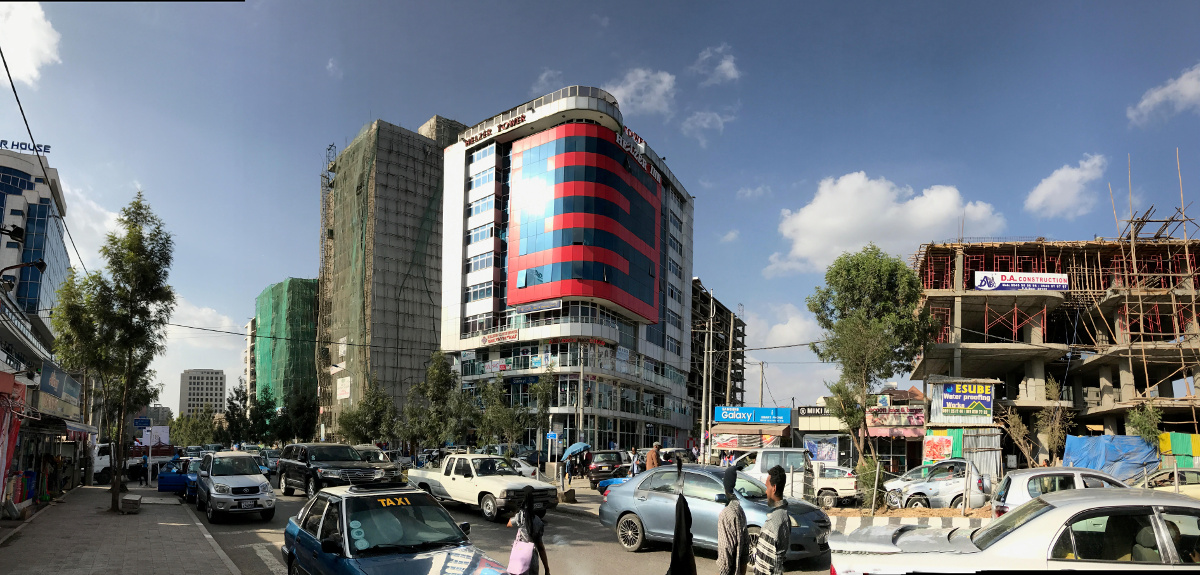
Ethiopia (Addis Ababa) was the first stop on the trip. While the tech ecosystem here is not as advanced as others in Africa such as Nairobi or Kigali, there is a bright future ahead when you consider some of the macro factors.At present, almost everything is imported. Even things they don’t need to such as cornflakes, despite their vast exports of corn. They export leather and import shoes. This approach is changing with a greater focus on becoming self-sufficient. The Government is investing in infrastructure projects including a huge industrial park just outside Addis which is at capacity before it even opens. They are also investing in youth. Every ministry (37 of them) must have a youth outreach department to engage with youth. 75% of Ethiopia’s 100+ Million people are under 35 years old. In 2011, internet penetration rates were 0.4%, now that figure is 6%. While still very low, the growth rate is impressive. Equally impressive is GDP growth which has hovered around 10% for the past 10 years.Ethiopia is a landlocked country which imports almost everything. At present, all imports come through Djibouti and the road network from there means a container will take at least 2-3 weeks to get to Addis. The new rail line opening in May built by the Chinese will reduce that to 2-3 days.The first incubator IceAddis opened in 2011 and their challenge was building the community in the first place before they could identify companies to incubate. They started the first communities for coders, bloggers, designers and now have 60+ applications for the 10 places on their annual program.Agriculture is by far the largest contributor to Ethiopia’s economy employing 85% of the population. Blue Moon, the third incubator in the city opened its doors a couple of weeks ago to focus on AgTech. Twice a year, they will select up to 10 startup teams of 2 to 3 entrepreneurs into their 4-month incubator program in Addis Ababa, with less than 1% acceptance rate.Despite these positives and opportunities. There are some drawbacks to doing business here. One of the biggest problems is getting money out of the country. The governments have limited the access to Forex. Some companies resort to exporting a commodity like beans at a complete loss to an offshore subsidiary they own just to get their money out. While corruption levels are very low, things take a lot of time to get done. For example, a mobile payments startup who wanted to enter the market in 2010 only had their licence granted last year, 6 years later. Stay tuned for further updates. Next stop is Nairobi.
